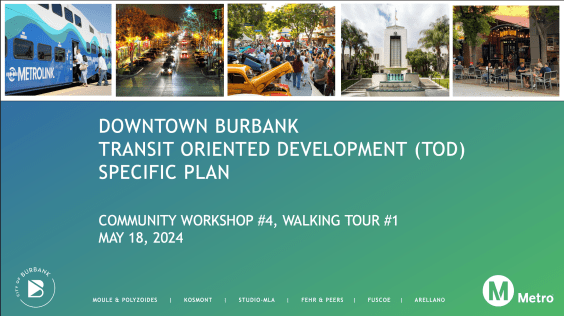American households will spend more money on gasoline this year, in dollar and inflation-adjusted terms, than ever before. And middle-class Americans are more concerned about fuel prices than at any time in recent history.
These are the findings of a poll of 1,000 Americans commissioned by the Consumer Federation of America, which has been tracking national attitudes toward fuel economy and oil consumption for six years.
Fueling up in 2011 will cost the average household about $2,800, or about the amount they spend on health care, the organization reports. They're predicting gas prices to rise to an average of $3.56 per gallon this year, but CFA Research Director Mark Cooper said that projection "may ultimately prove to be low."
That will squeeze American households that are still struggling with the effects of the recession.
A record 79 percent of those surveyed said they are "greatly concerned" about fuel prices, including 84 percent of middle-class Americans whose household income is between $25-75,000.
"Gasoline prices have become a middle-class issue," said Cooper. "Obviously in Washington that is a big deal. It really does change the terrain of policy making."
This was the first time since CFA began exploring this topic that middle-class Americans were the group most concerned about fuel prices -- a fact CFA officials hope will embolden lawmakers toward reform.
The findings will be presented tomorrow to the House Energy and Commerce Committee, where CFA will use the information to argue for increased fuel efficiency standards. The study found that, by a 2-1 margin, Americans support raising fuel efficiency standards to 60 miles per gallon by 2025.
But fuel efficiency isn't the whole story. The American Public Transportation Association recently reported that people can save an average of $825 a month by taking transit instead of driving, given today's gas prices.
CFA did not question survey participants about their support for transit or walkable communities. The organization has limited the discussion to fuel economy, which they see as "the best chance we have in America ... for dramatically changing the patterns of gasoline consumption."
Comments made by the CFA research director, however, underscore how our current transportation system leaves Americans very vulnerable to fluctuation in fuel prices. And even CFA's strategy of asking for greater fuel efficiency standards leaves people vulnerable to the whims of the auto industry and the political climate.
"It’s really hard to cut down are your driving in the U.S.," Cooper said. "Gasoline in America is a necessity and so it will put pressure on budgets."
But it's a mistake to dismiss the idea that Americans can cut down their driving. APTA is preparing for an additional 670 million transit trips a year in the likely scenario that prices surge to $4 a gallon. If Americans don't start driving less, CFA warns the burgeoning costs of fueling up will force them to cut back on other expenditures. That will likely have widespread impacts on the fragile American economy.





